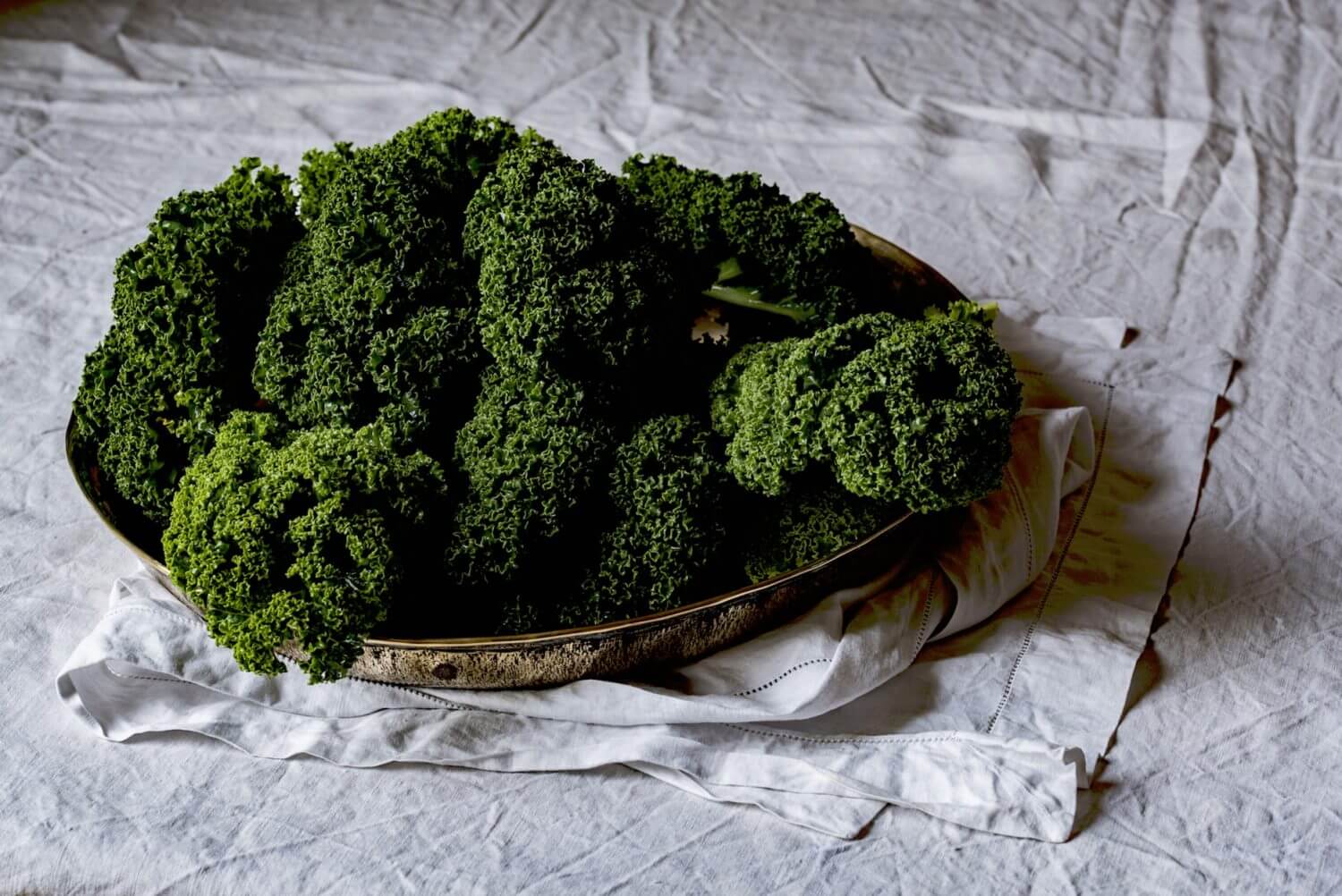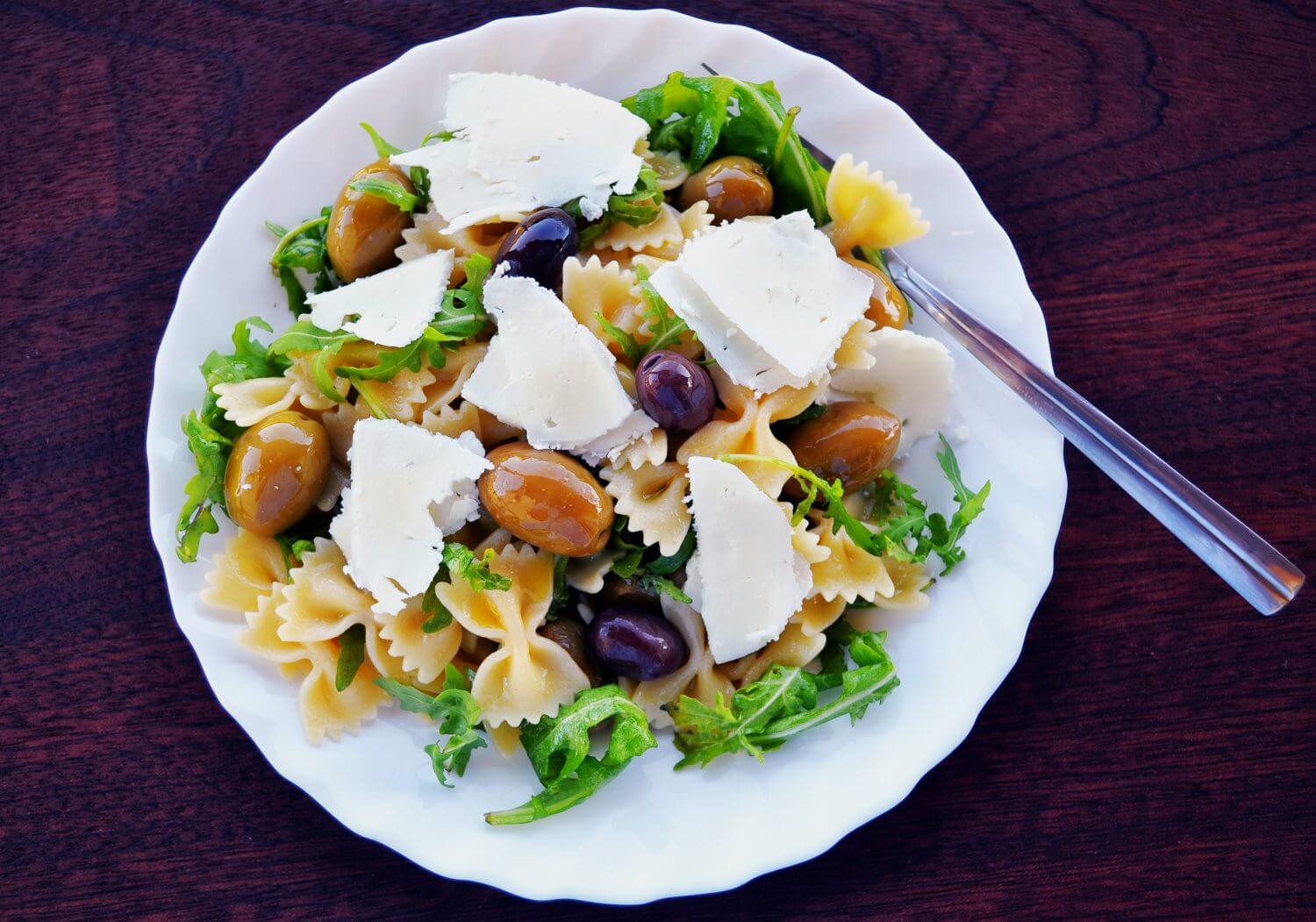What’s the Best Diet For Me? Part 1
The word “diet“ is frequently met with an internal wince, or perhaps a heavy sigh because we often think of diets as a means to losing weight and getting healthier, which are big challenges. Diets are hard, and they can be depressing when we have to set aside the dessert menu, when our lunch doesn’t seem as appetizing as what our coworkers are eating, or that craving has to be ignored no matter how strong it is.
Perhaps that’s where our first hurdle lies—with the way we think of diet.
What would happen instead if we considered diet as simply an approach to eating? Not good or bad, just how and what, as though our food choices are simply information our bodies interpret?
Food is energy.
What we eat bears a set of instructions telling how our bodies process it: carb-loading signals for conversion to glucose for immediate usage, so athletes might benefit from a high carb breakfast before the big match or race. High protein tells our body we might be trying to build muscle, so it digests that high protein shake or meal into amino acids, which are essential for adding muscle.
When considering our food choices as data for the body to interpret, that informs us what kind of diet we should be eating to accomplish our goals.
But let’s back up a second.
It’s not as simple as knowing all the food signals and sending the right ones to your body by eating specific foods. There are a multitude of factors specific to an individual’s optimum health, and in this Best Diet for You series, we’ll take a step-by-step look at how to choose the most ideal dietary approach for you.
What are your goals?
Without knowing your personal picture of ideal health, how can you know what food data you should send to your body? The answer is, you can’t. You have to figure out first what you need. Are you:
-
Needing to lose weight?
-
Fighting chronic diseases, such as Type 2 Diabetes?
-
Sick of being fatigued or under the weather all the time?
-
Wanting to experience more energy?
-
Desiring a more active lifestyle but aren’t in good enough shape to participate in strenuous activities?
All of these and more are valid reasons to consider a more conscious approach to your diet. Close your eyes and picture your best health. What do you see? Many of us picture ourselves more comfortable in our clothes, with more stamina to take the stairs instead of the elevator or become active in a favorite sport. Maybe it’s keeping up with your children, or fighting chronic diseases. Whatever your optimal picture of health is, we have to consider if your current dietary habits are helping or hindering that. So with that picture of the healthiest you in your mind, take a moment to ask yourself a few questions.
How do you eat every day?
-
Are you a grazer, eating smaller meals but more snacks?
-
Do you cycle through days where you don’t eat much, and then have a day where you can’t get enough?
-
Maybe you’re able to stick to a fairly consistent schedule, or maybe you’re so on-the-go all the time, food is grabbed when you have a spare moment.
These things will factor into your approach to your best diet. Someone who cycles through one day where you barely eat but one meal to eating quite a bit the next day might have more luck with an intermittent fasting approach to diet than someone who needs small, frequent influxes of nutrients.
How often do you eat every day?
Are you consistent with breakfast, lunch, and dinner? Is it easier for you to pack something quick for lunch when your day is full than it is to stop for a lunch hour, or do you skip? Do you find yourself needing snacks because your energy tanks in the afternoons and an influx of caffeine or sugar helps fight fatigue?
Perhaps there are psychological factors involved, as well.
-
Is your feeding frequency influenced by what’s happening around you?
-
Do you comfort eat?
Changing your eating patterns will be more challenging if the reason you’re snacking or overeating isn’t due to simple habit.
How much do you eat every day?
A lot of information concerning which diet approach works best centers on your specific biometrics, aka your body’s current physical stats. This includes intake. Knowing how much food you consume will tell you if you’re overeating, or even undereating. If you’re not getting enough calories and you have no stored fuels to rely on because your body type is very lean, you will struggle with getting the energy you need through the day. Or maybe some eye opening truths will come to light if you realize you’re not eating super unhealthy foods, but your portions are in excess.
What types of foods do you eat every day?
Food is more than calories and macro-nutrients like carbs, protein, and fats. Food also has micro-nutrients, the vitamins and minerals responsible for optimal health. These are things like Vitamin C, potassium, folic acid, and more. While calories, carbs, proteins, and fats, matter, they’re not the only material nutrients in our diets. In fact, quite a lot of our modern day foods are calorie-rich but nutrient-poor. Nutrient-dense foods are a requirement for proper energy storage, good tissue building, and efficient energy burning.
>
“Close your eyes and picture your best health. What do you see?”
So you can see, some honest truths surrounding your daily dietary habits are key to determining what kind of diet from which you’d benefit most. And there are a lot of potential options for dietary approaches, such as a low-carb high-fat diet, an intermittent fasting diet, perhaps even a ketogenic diet.
It’s all about what kind of information you introduce to your body.
Once you understand the quantity, quality, and frequency of your current eating habits, you can see where changes might be required, and what those changes might entail to help you rethink your approach to food. When you do that, you’re well on your way to learning the best way to become your healthiest you.











